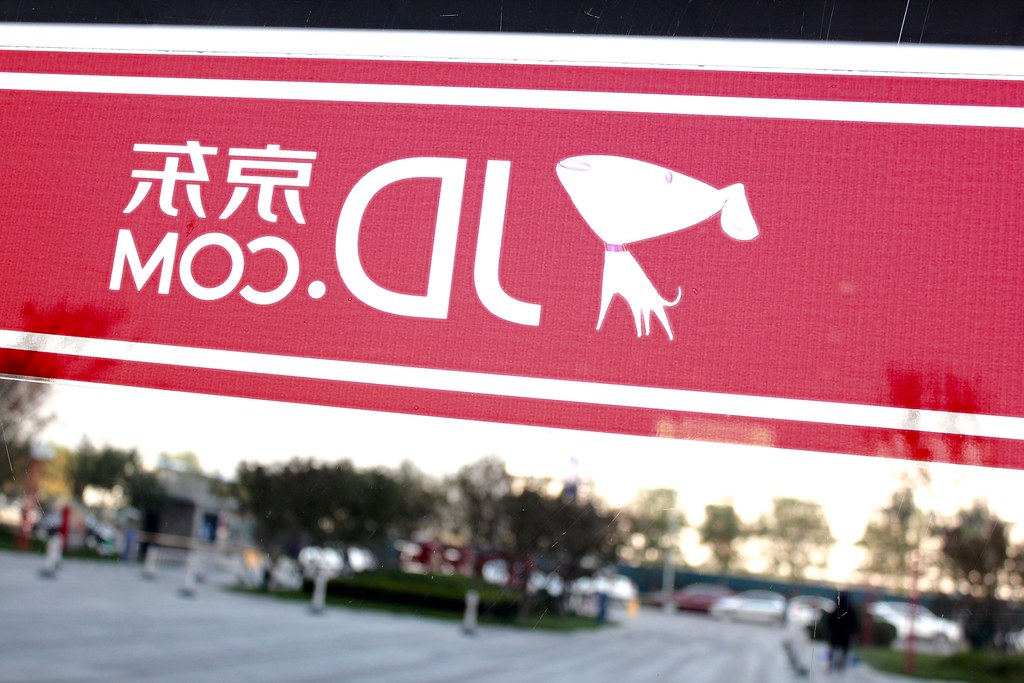JD.com (NYSE:JD) Expanding Physical Stores To 5 Million To Capitalize On Opportunities In Smaller Cities
Chinese e-commerce retailer JD.com (NYSE:JD) plans to expand its physical stores as it targets a network of more than 5 million brick and mortar stores in three years. This is part of the company’s efforts to maintain competitiveness as competition for customers in China’s smaller cities grows.
JD.com targeting 5 million physical stores in China
The company’s retail chief executive, Xu Lei, said they are aware that the Chinese retail market is big. He acknowledged that the company’s business model could be limiting, and therefore they are looking to build physical stores and also partner with other players. Xu said that the online model serves a limited number of consumers. JD.com seeks to apply its years of experience, including merchandising, logistics, and technology, in a broader context to position the company as an all-channel retail platform.
Besides the centralized online apps, JD.com also has other decentralized offline platforms. Xus said that the offline market is very vital to the company. In November last year, on Singles Day, the company opened its largest physical store in Chongqing as part of the strategy to boost retail presence.
Interestingly, the company doesn’t plan to build all the 5 million stores by itself, but they will use their store partners. The retailer has already linked with more than 2.5 million stores that include its stores, and in three years, JD.com targets 5 million stores.
JD.com to leverage opportunities in smaller cities
JD.com committed $100 million this year to back appliance store operator Gome Retail Holding, one of China’s largest appliance retail chains. The JV allows consumers to examine produce at Gomes almost 2,600 stores and then buy them through JD.com.
The move comes as competition grows among Chinese e-commerce retailers to leverage the number of consumers in smaller cities. Recently, Alibaba, which is the leading competitor of JD.com, acquired 19.9% interest in Suning.com in a bid to boost market shares in the country’s smaller cities. Smaller cities are vital for e-commerce merchants and also for traditional stores.

